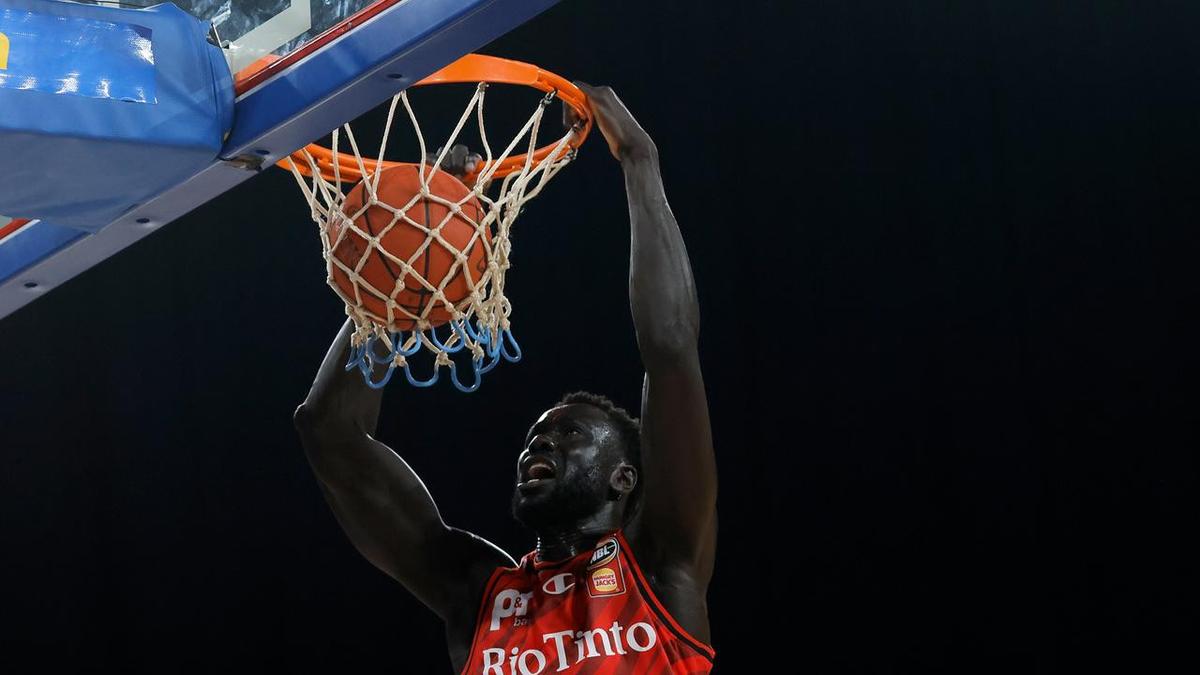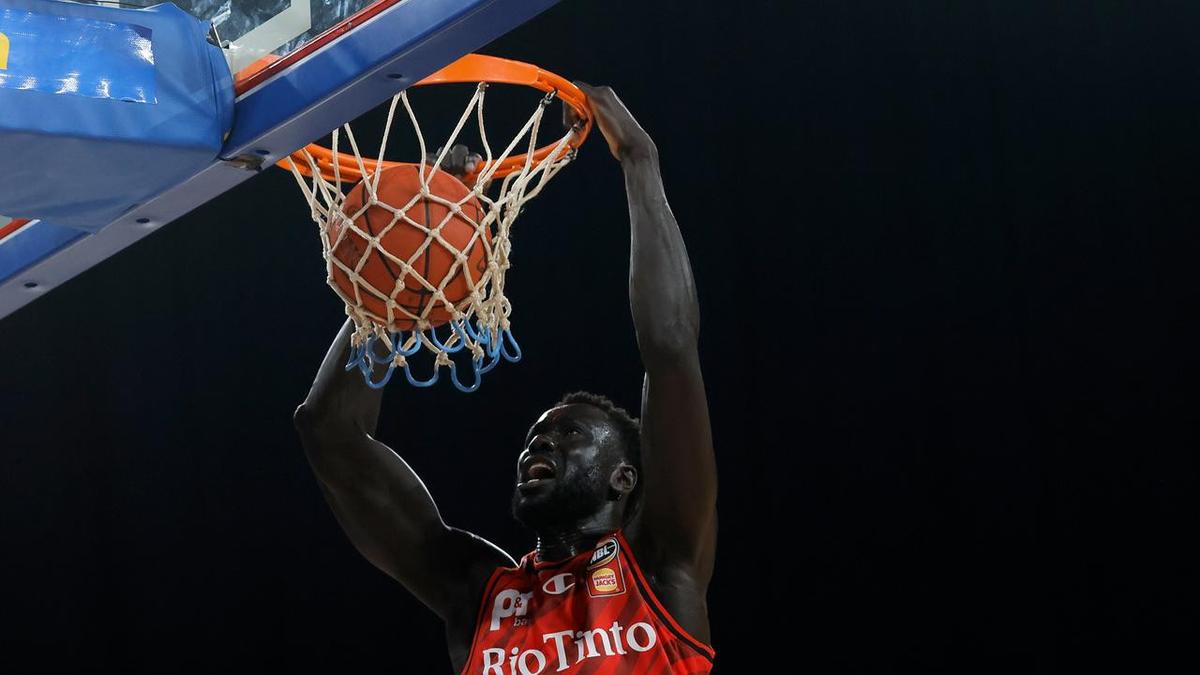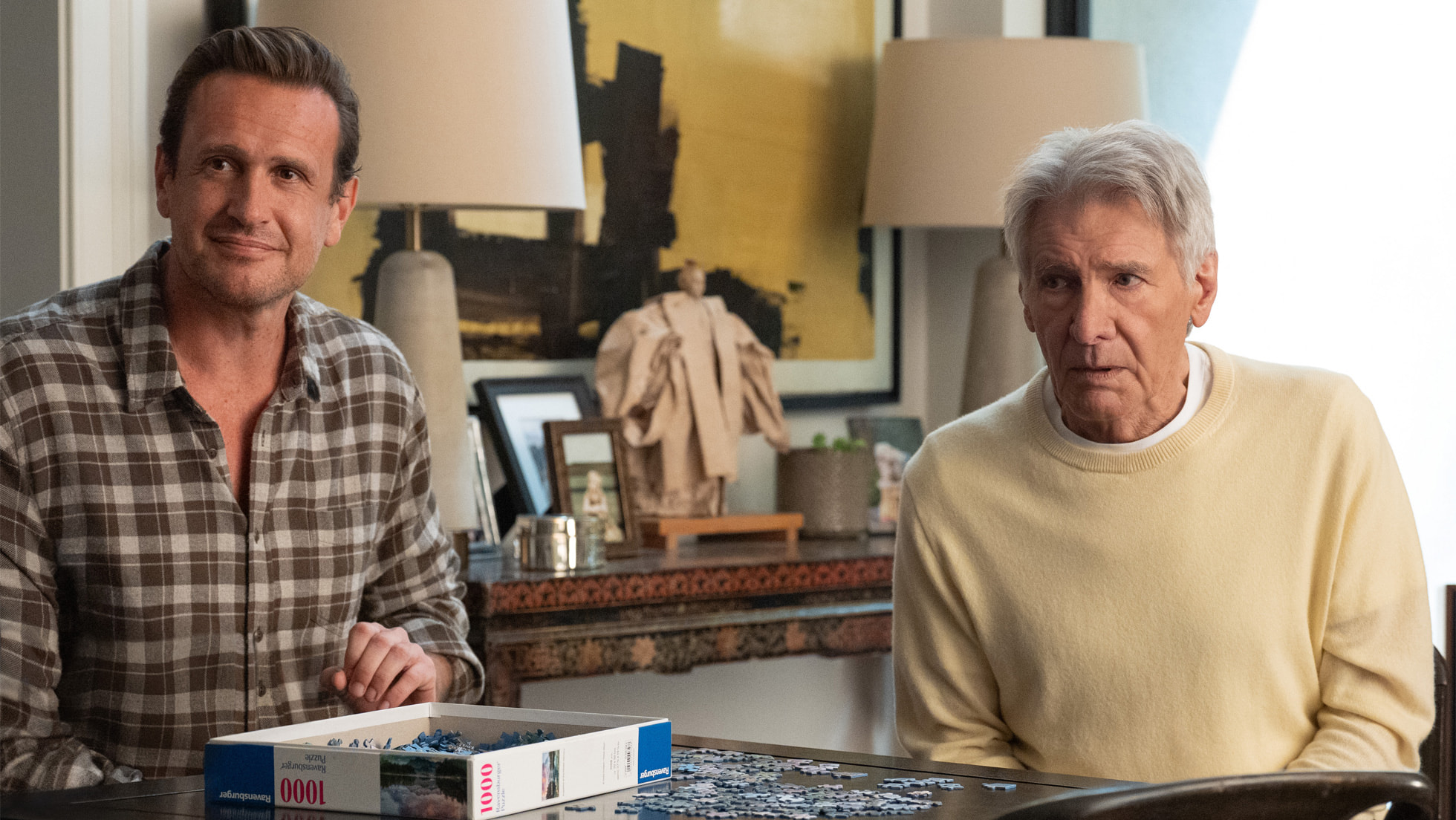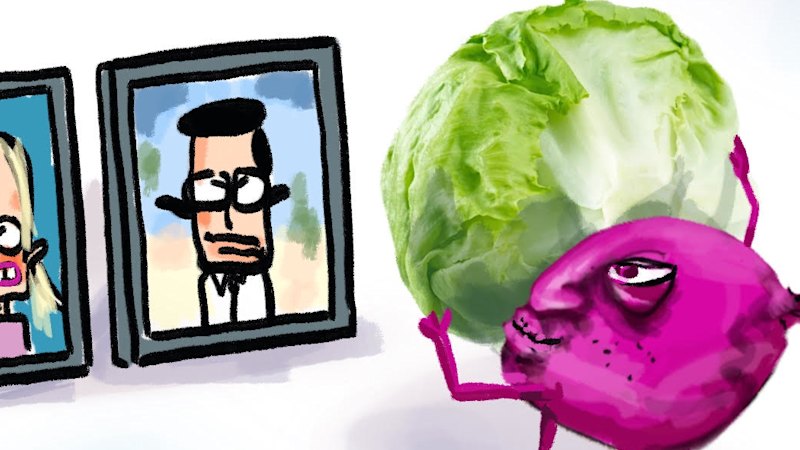
This week, the Australian video game Hollow Knight: Silksong has emerged as a major player in the global gaming industry, capturing attention as the biggest video game worldwide. Developed by a small team from Adelaide, the game has already achieved impressive sales, moving millions of copies across various platforms. The success of this title raises important questions about the potential of Australia’s gaming industry and its recognition as a legitimate form of art.
Challenges and Triumphs in the Gaming Sector
Despite the success of titles like Hollow Knight: Silksong, there remains an ongoing struggle to fully embrace video games as an artistic medium. Cultural perceptions often stigmatize gaming, leading to a narrative that suggests gamers should feel guilty about their pastime. This sentiment is particularly pronounced among women, with recent research indicating that up to a third of female gamers experience guilt associated with playing video games.
The contrast is stark when compared to other forms of entertainment like television and film, where consumption is largely accepted and celebrated. The question arises: why do video games still carry a burden of shame? The complexity of interactive storytelling and player engagement might contribute to this feeling of unproductiveness that some gamers experience.
Additionally, the industry continues to evolve, with initiatives that aim to leverage gaming for positive mental health outcomes. Oxford University researchers are developing a game designed specifically to enhance mental well-being. As this project unfolds, it prompts inquiries into the potential therapeutic benefits of gaming and whether other titles might also promote psychological health.
Exploring the Intersection of Art and Gaming
As Hollow Knight: Silksong showcases intricate design and layered storytelling, it highlights the artistic merit inherent in video games. Although it may appear two-dimensional, the game is actually a complex 3D experience, crafted in layers akin to a theatre stage. This depth of design invites players to immerse themselves in a carefully constructed world, challenging the notion that video games lack artistic value.
The success of Team Cherry, the developers behind Hollow Knight: Silksong, may signal a shift in how the gaming industry is perceived globally. With millions of copies sold, their work not only contributes to the revenue of the Australian gaming sector but also positions the nation as a burgeoning hub for innovative game development.
As the conversation around video games continues to evolve, the industry will need to address the stigma that surrounds gaming culture. Emphasizing the positive aspects of gaming—such as social engagement, skill development, and potential mental health benefits—could help reshape public perception.
The Australian gaming landscape is at a pivotal moment, and with titles like Hollow Knight: Silksong leading the charge, there is hope for a broader acceptance of video games as a vital form of artistic expression and a legitimate source of entertainment. As more players engage with games that promote mental well-being, the industry may find new avenues for growth and recognition.






